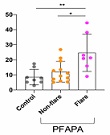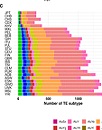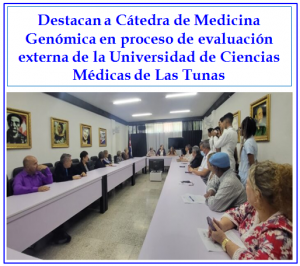 Los estudios de asociación de proteoma completo (en inglés Proteome-Wide Association Study, PWAS) buscan relaciones genotipo-fenotipo mediadas por alteraciones en la función de las proteínas. Emplean técnicas de aprendizaje automático y modelos probabilísticos, de acuerdo con la descripción en Brandes N, Linial B, Linial M. PWAS: proteome-wide association study—linking genes and phenotypes by functional variation in proteins. Genome Biology, 2020;21:173.
Los estudios de asociación de proteoma completo (en inglés Proteome-Wide Association Study, PWAS) buscan relaciones genotipo-fenotipo mediadas por alteraciones en la función de las proteínas. Emplean técnicas de aprendizaje automático y modelos probabilísticos, de acuerdo con la descripción en Brandes N, Linial B, Linial M. PWAS: proteome-wide association study—linking genes and phenotypes by functional variation in proteins. Genome Biology, 2020;21:173.
Filed under Polimorfismos, Proteómica by on . Comment. ![]()










